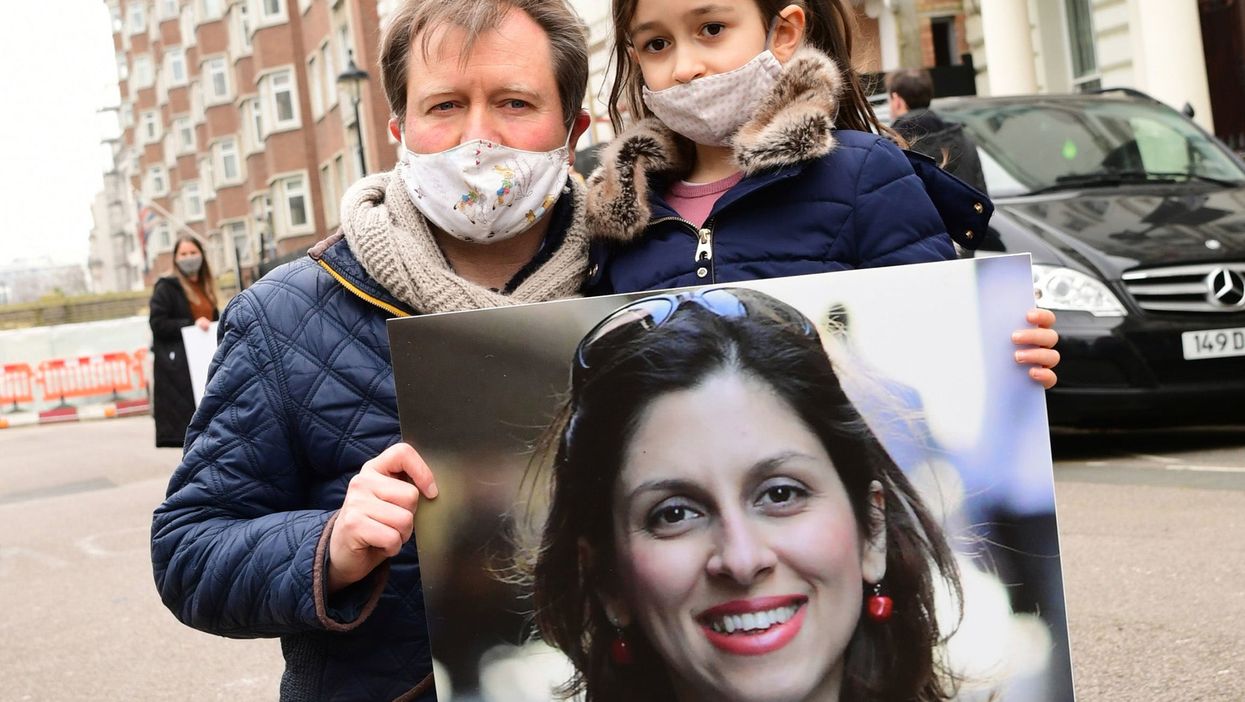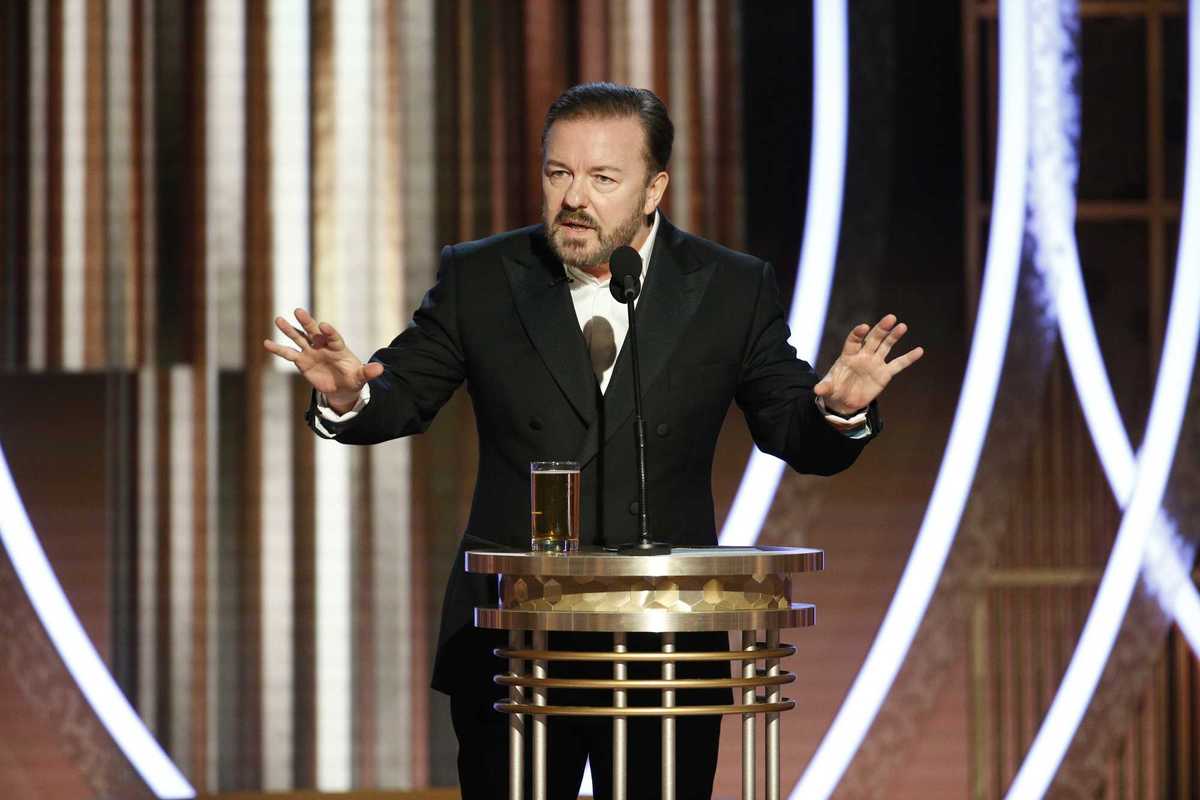Kate Plummer
Mar 16, 2023
Independent
The world has watched in horror at the plight of Nazanin Zaghari-Ratcliffe who was detained for six years in Iran.
The British-Iranian charity worker, who was detained by Iran in 2016, had her passport returned to her and headed home last year.
Sign up to our new free Indy100 weekly newsletter
She was originally detained for "spying" - charges she has always denied - and served time in prison as her husband at home in Britain underwent multiple hunger strikes to put pressure on the UK government to do more to support her.
This is everything that has happened in her case over the last seven years.
3 April 2016
When visiting her parents in Iran so that they could meet her daughter, Zaghari-Ratcliffe was detained in Tehran at Imam Khomeini Airport.
The reason for her arrest was not made public and her daughter’s passport was confiscated.
16 June 2016
Iranian news channel Press TV claimed Zaghari-Ratcliffe was involved in plans for “regime change in Iran” and accused her of spying for “foreign governments”. She has always denied these allegations.
12 July 2016
Her husband, Richard Ratcliffe delivered letters to David Cameron and his incoming replacement Theresa May on his wife’s 100th day in custody. He said it was “astonishing” that no British minister had publicly criticised Iran about the arrest.
9 August 2016
During a phone conversation with Iran’s President, the then prime minister Theresa May raised concerns about Zaghari-Ratcliffe and stressed the importance of resolving the case.
9 September 2016
Zaghari-Ratcliffe was sentenced to five years in jail with the exact charges remaining secret. An online petition calling for her release passed 800,000 signatures and the Foreign Office met with the family to assure them they would continue to do all they could.
Speaking to her husband over the phone, she said: “I can’t bear to be in this place any longer.”
She added: “I have been here so long. Do you understand what it is like to be a mother kept away from her child this long?”
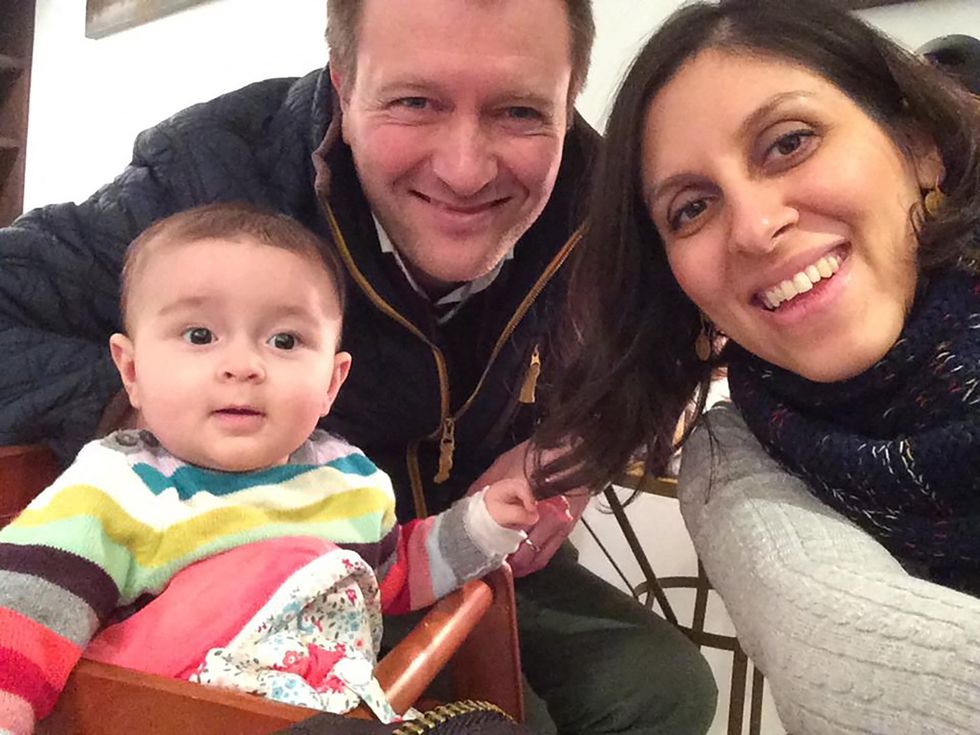
13 November 2016
Zaghari-Ratcliffe went on a hunger strike for five days. She ended the strike due to her family’s fears for her health.
2 January 2017
Ratcliffe criticised Theresa May for not doing enough. He said she and her ministers could have “publicly stood up for Nazanin more”.
24 April 2017
After an appeal, Zaghari-Ratcliffe was told she had lost the final stage of her appeal against the sentence and would serve her full jail term.
9 October 2017
Zaghari-Ratcliffe was told she would face two more charges alleging she joined organisations that specifically worked to overthrow the Iranian government, and that she attended a demonstration outside the embassy in London.
Monique Villa, CEO at the Thomson Reuters Foundation where she worked before her imprisonment said the accusation was a “complete invention”.
“The Thomson Reuters Foundation doesn’t work in Iran and has no programme or dealings with Iran,” she said.
“We continue to assert that she is 100 per cent innocent and that these ludicrous charges must be dropped immediately.”
1 November 2017
Then the foreign secretary, Boris Johnson told a parliamentary select committee that Zaghari-Ratcliffe was “teaching people journalism”. This was then used as evidence that she was engaged in “propaganda against the regime” in an unscheduled court hearing four days later, despite her family maintaining she was on holiday.
Johnson then apologised to the family and attempted to resolve the issue by calling his Iranian counterpart and asking him to disregard the comments, but the family said she was on the verge of a nervous breakdown due to the remarks and felt Johnson’s comments had endangered her life.
15 November 2017
Johnson and Ratcliffe met and described the conversation as “positive and constructive”.
10 December 2017
Johnson visited Iran and said he “spoke frankly” with his Iranian counterpart and expressed “grave concerns” about the case.
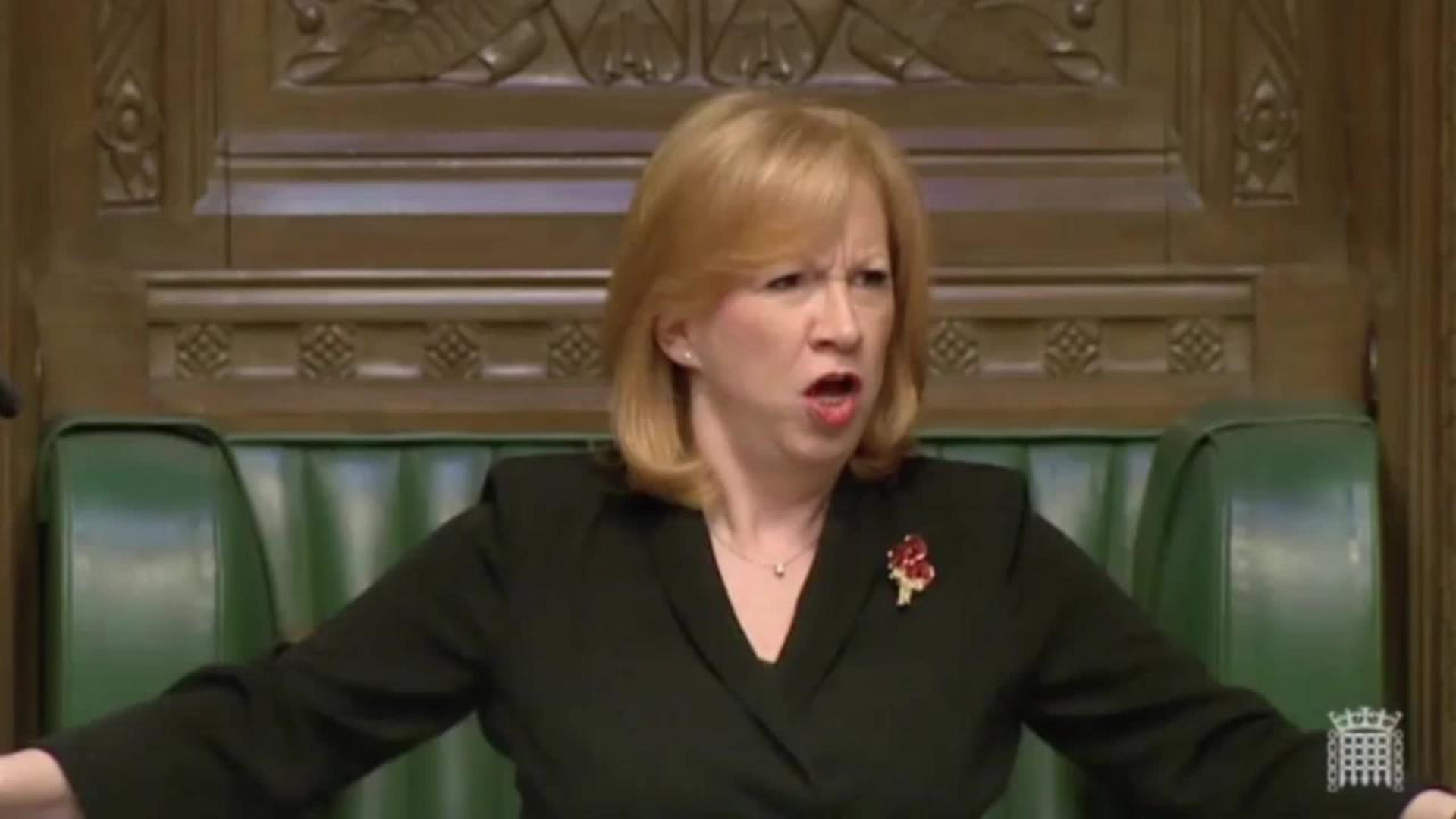
14 April 2018
Iranian ambassador to the UK Hamid Baeidinejad said the Iranian government was doing its best to secure Zaghari-Ratcliffe’s release and said the judicial process was “complicated”.
21 May 2018
Zaghari-Ratcliffe was told she would likely be convicted on a new charge of spreading propaganda, which she denied.
3 August 2018
New foreign secretary Jeremy Hunt pledged to do everything he could to secure her release.
23 August 2018
Zaghari-Ratcliffe was granted a three-day release from prison where she was reunited with her daughter. Three days later, she was sent back to her cell after a failed bid to have her temporary release extended.
26 September 2018
Theresa May and Jeremy Hunt attended talks with Iran in New York in a fresh attempt to release Zaghari-Ratcliffe.
19 November 2018
Hunt became the first Western foreign minister to visit Iran since the US pulled out of a nuclear deal and imposed sanctions on Tehran. “We must see those innocent British-Iranian dual nationals imprisoned in Iran returned to their families in Britain,” he said.
14 Jan 2019
Zaghari-Ratcliffe carried out another hunger strike after being denied access to medical care. At a news conference, Ratcliffe also said his wife was asked to spy on Britain for Iran in exchange for her release.
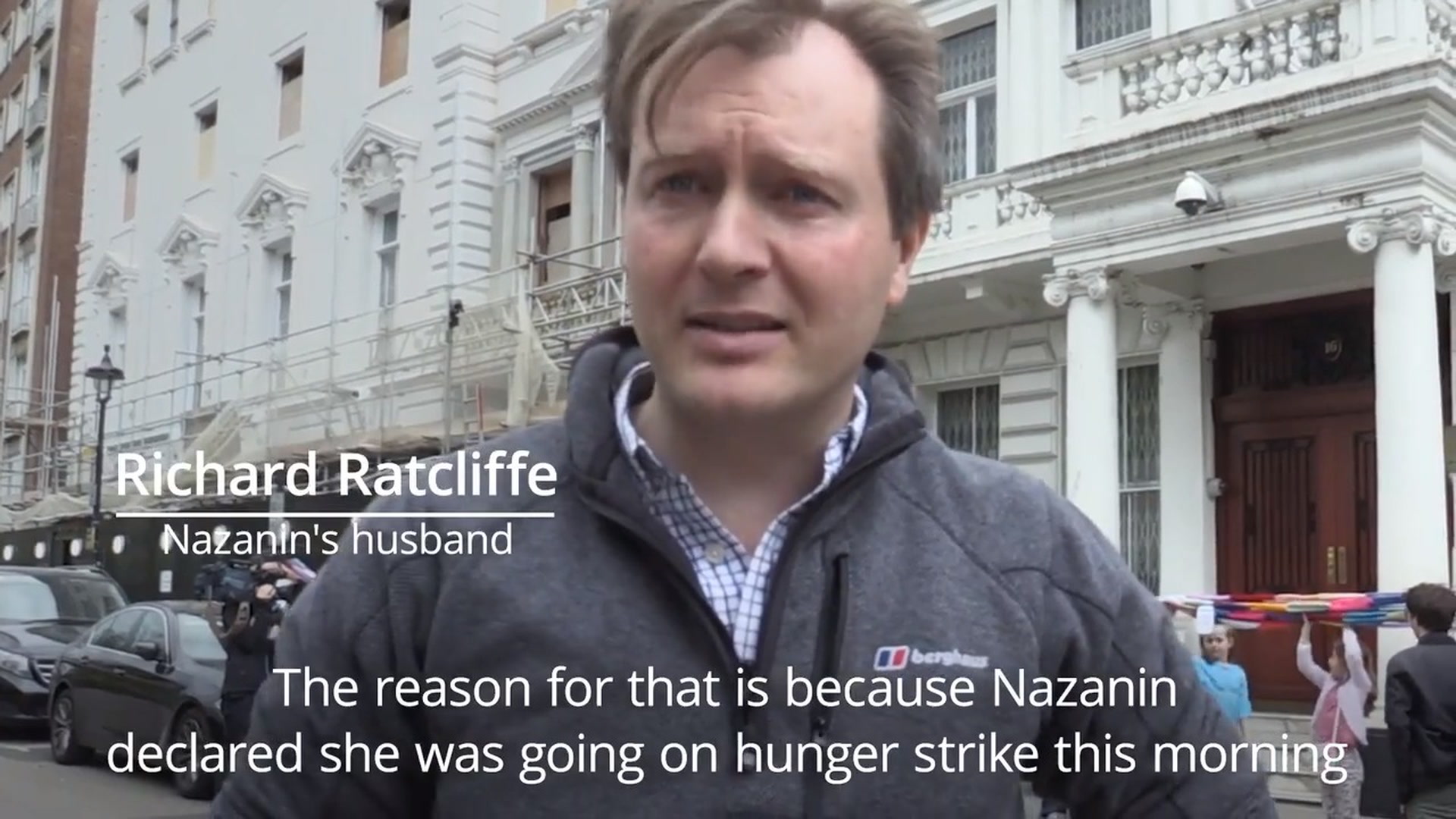
8 March 2019
Jeremy Hunt granted Zaghari-Ratcliffe dual national diplomatic protection. The first time a government has done so in protest of the treatment of one if its citizens by another state, the move elevated the case from a consular issue to a state-to-state matter between London and Tehran.
24 April 2019
Iranian foreign minister Javad Zarif suggested she could be freed in exchange for an Iranian woman held in Australia on a US extradition request. He then backed down from his comments.
15 June 2019
Zaghari-Ratcliffe started a 15-day hunger strike, joined by her husband who striked outside the Iranian Embassy in London.
11 October 2019
Zaghari-Ratcliffe’s daughter, Gabriella, returned to the UK to start school. The five-year-old had been living with her grandparents in Tehran and regularly visited her mother.
18 March 2020
Zaghari-Ratcliffe became one of some 155,000 prisoners to be put on home leave due to the coronavirus pandemic. She was forced to wear an ankle tag to monitor her movements and was unable to move more than 300 metres from her parent’s home.
Ratcliffe had said his wife had coronavirus symptoms previously, but the prison had refused to test her despite there being rumoured cases.
Over the following weeks and months, her release was extended indefinitely.
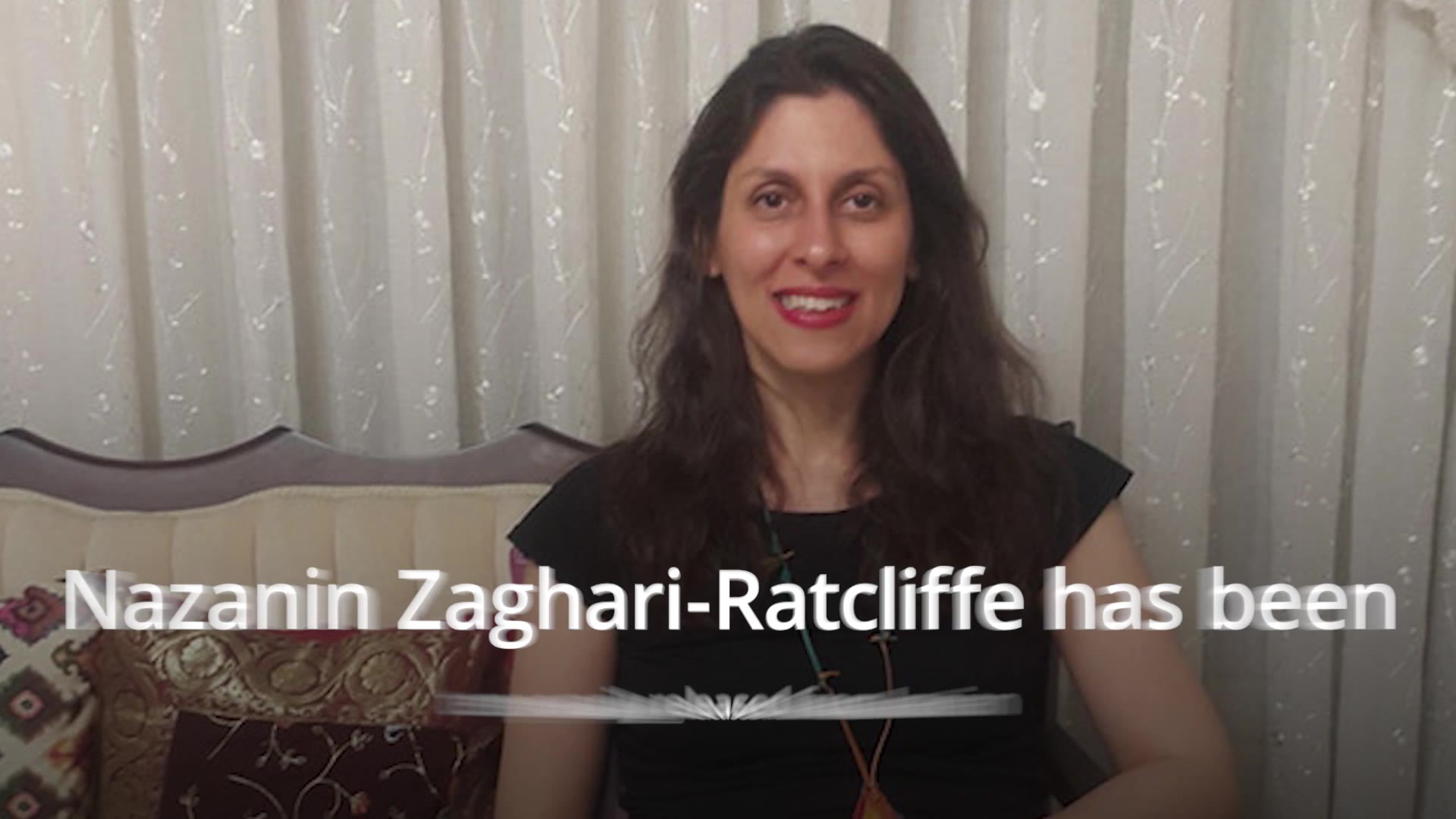
8 September 2020
Zaghari-Ratcliffe faced a new charge, described by foreign secretary Dominic Raab as “appalling”.
7 March 2021
On the day that her five-year sentence was up, Zaghari-Ratcliffe’s electronic tag was removed but she was not allowed to leave the country.
26 April 2021
In 2021, Zaghari-Ratcliffe was sentenced to another year in prison.
She was charged with spreading “propaganda against the system” for participating in a protest in front of the Iranian Embassy in London in 2009.
As well as the one-year jail term she was also banned from leaving the country for a year.
Zaghari-Ratcliffe’s lawyers announced said they would appeal the new charges levied against her.
Boris Johnson said:
28 October 2021
Richard Ratcliffe started his latest hunger strike outside Whitehall after he was “disappointed” by a meeting with new foreign secretary Liz Truss.
Speaking after the meeting he told the BBC:
“My criticism of the British government is they’ve not prioritised the safety of British citizens in the course of their nuclear negotiations, in the course of their discussions with Iran and other stuff’s been more important.”
“And actually nothing is more important for the government than protecting its own citizens.”
The Foreign Office told the publication in response: “Iran’s decision to proceed with these baseless charges against Nazanin Zaghari-Ratcliffe is an appalling continuation of the cruel ordeal she is going through.
“Instead of threatening to return Nazanin to prison Iran must release her permanently so she can return home.”
It added it would do “all we can” to help Zaghari-Ratcliffe return home and would continue to press Iran.
Ratcliffe ended the strike on 13 November after 21 days.
15 March 2022
Tulip Siddiq, Zaghari-Ratcliffe's MP, announced on Twitter that her constituent had been given her passport back and that British negotiators were at her home in Tehran.
The news gave people renewed hope about her fate.
16 March 2022
Reuters reported that Nazanin and Anousheh Ashouri, another detained citizen were heading to Tehran airport to leave the country. They attributed the comment to their lawyer Hojjat Kermani.
The then foreign secretary Liz Truss agreed that the £400m debt owed by a British government arms subsidiary International Military Services should be repaid to Iran.
16 March 2023
Zaghari-Ratcliffe and her legal advisers have marked the first anniversary of her release from an Iranian jail by urging Britain to sanction 10 Iranian officials they say are responsible for a resurgence in state hostage-taking of foreign nationals.
Have your say in our news democracy. Click the upvote icon at the top of the page to help raise this article through the indy100 rankings.
Top 100
The Conversation (0)
